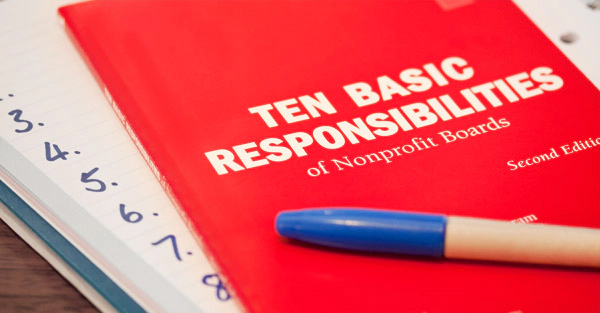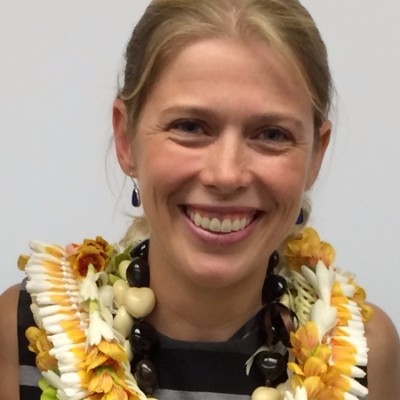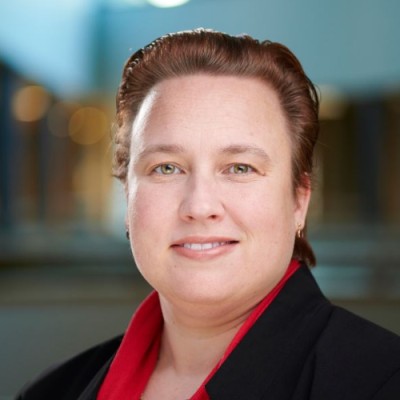board-dynamics
Board culture: breaking bread and barriers
Published: February 11, 2012
Read Time: 4 minutes

In our previous article, we wrote about developing a culture of learning and continual improvement on boards. An important part of encouraging the kind of openness and questioning that’s required for a learning culture is ensuring that the board is a ‘safe space’.
Sadly, there are many boards in the community sector that don’t really feel that safe for new members. Whether it’s different factions disagreeing and struggling for power, or a director who has been on the board for decades and passionately disagrees with any attempts to change direction, or a hostile relationship between the board and the executive director, the fact is that boards are teams of people, and teams often have difficult dynamics. Unhappy boards are particularly problematic in a sector where most directors are volunteers, and an eager new board recruit can quickly become a disillusioned ex-volunteer who is looking to spend their precious spare time with a more supportive organisation.
Articles on dealing with challenging board situations often focus on useful tips for skilful chairing or for facilitating more productive discussions. These are important, but there’s a tip that’s often missed: lunch.
Or dinner or coffee. Or any opportunity for board members to get to know each other better and start to build a relationship that isn’t solely based on their position on the board.
When you only know someone from across the boardroom table, it can be easy to focus on the differences. By getting to know them better, you can focus on what you have in common, which presumably includes an interest that brought you to the organisation in the first place. In our busy lives it is often difficult to make time for these relational activities, and no one wants to overburden their board members with too many additional commitments. But we’ve served on boards where there was little contact between board members between meetings and few opportunities to build board relationships, and the boards were poorer for this lack of connection.
So if you’re having trouble building a strong and supportive board culture, try breaking down the barriers by breaking bread together.
Ruth’s story
In our previous article, we told a story from Erica’s perspective as Chair, demonstrating how board culture helped the board to be a learning space, and a place of continual improvement. From my perspective, the incident also demonstrates the power of building board relationships, which can support and encourage new board members as they learn more about their role on the board.I had encouraged a good friend of mine to nominate for a board position, and was thrilled when she was elected. Her legal background and community sector experience were great skill sets for our board, and I knew that we had the ability to debate and disagree with each other when needed, without it affecting our friendship.
We started meeting at a local coffee shop once a month to read the board papers. It was nice way to carve out time for board work in a busy week, and it meant that we could clarify any minor points with each other, saving more substantive questions for the board meeting.
Reading through the papers one evening, my friend looked up with a frown. ‘Have you read page 10 yet?’ I hadn’t, so I flicked over to the notes that she was talking about. I understood why she was frowning. A decision had been made between board meetings to select someone for a particular board role. Although I could agree with the outcome, the process that was followed didn’t seem quite right. Given that the outcome was fine and the decision had already been made, we wondered whether it was worth raising our concerns at the next board meeting. As newer, younger board members we were hesitant to question the actions of people who had much more experience on the Board than we did, and we were particularly concerned that the person who been selected would feel unsupported. These misgivings were, however, outweighed by our desire to ensure that a clear process was in place if a similar situation arose in the future. Discussing this issue together over a coffee helped us to more clearly articulate the problem as we saw it and have the confidence to act on our concerns.
What also made this situation much easier to resolve was the good relationships that we had with other board members. I’d recently met with one of the people involved in the decision because I was interested in hearing more about her field of work. Having had a good chat with her over a social breakfast meant that I felt quite comfortable calling her and expressing our concerns. We talked through some possible options for future processes and she encouraged me to raise the issue at the next board meeting. Having built a relationship previously helped us to explore an uncomfortable issue, and the culture of our board meant that we could raise it openly instead of keeping it ‘offline’. In this way we could model a questioning culture, and demonstrate that dissent doesn’t equal disloyalty.
Share this Article
Recommended Reading
Recommended Viewing
Author
-
YWCA Canberra
Past President
- About
-
Ruth is the Past President of the YWCA Canberra. Ruth commenced the Board Traineeship in 2008 and was appointed to the Board as an alternate Director during 2008-09. She was elected to the Board in October 2009 and served as Vice President in 2010-11. Ruth works as a science writer and editor, and has a background in population health, with a particular interest in women’s health.
-
Senior Lecturer in Leadership & Social Entrepreneurship
University of Cumbria
- About
-
Erica Lewis has served on a range of local and national boards and committees, including as chair and treasurer. She is a past President of the YWCA of Canberra.
Found this article useful or informative?
Join 5,000+ not-for-profit & for-purpose directors receiving the latest insights on governance and leadership.
Receive a free e-book on improving your board decisions when you subscribe.
Unsubscribe anytime. We care about your privacy - read our Privacy Policy .








